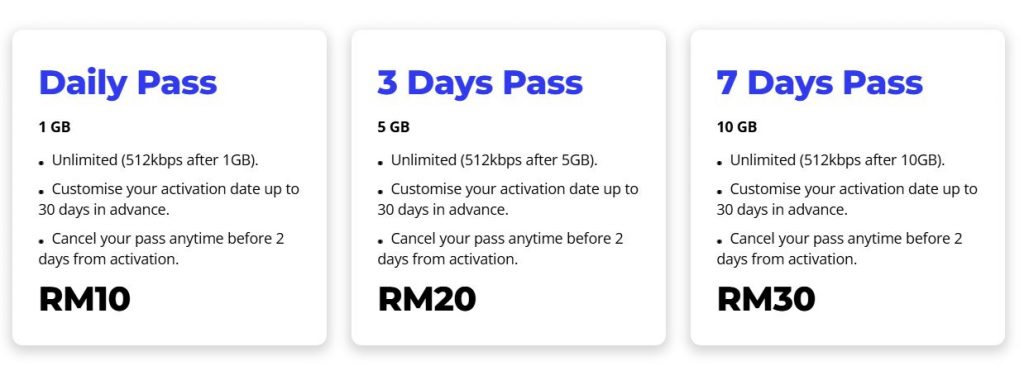The freight industry has long been recognized as a backbone of global trade, connecting markets, and facilitating the movement of goods across continents. Historically, this massive industry has also been associated with sizable carbon footprints and environmental challenges. According to a 2020 study by the International Transport Forum, the global freight sector was responsible for approximately 8% of all carbon emissions. Additionally, the World Shipping Council reported that around 10,000 containers are lost at sea each year, often because of inadequate packaging, further exacerbating environmental concerns.
With the global spotlight increasingly focused on sustainability, there’s growing pressure on freight operations to align with eco-friendly practices. Consumers are no longer just concerned with the timely delivery of their goods. They also want to know the ecological impact of the transportation and packaging processes. A 2019 Nielsen report indicated that 73% of global consumers would definitely or probably change their consumption habits to reduce environmental impact.
To respond to these pressures and opportunities, the freight industry is rapidly shifting gears. The adoption of sustainable packaging materials is becoming more than just a nod to the environment; it’s imperative. Interwoven in this transformation is the role of technology – particularly freight forwarding software – which is acting as a catalyst in this green revolution, optimizing operations, reducing waste, and ensuring the industry’s future is both efficient and sustainable.
The Shift to Sustainable Packaging in Freight Operations
With the increasing awareness about the environmental impact of waste and non-biodegradable materials, the freight industry is making deliberate shifts towards eco-friendly packaging solutions. These changes aren’t merely to reduce carbon footprints. They also serve to comply with global regulations and to meet the demands of eco-conscious consumers.
Significantly, the drive towards sustainable packaging isn’t unilateral. Multiple stakeholders, ranging from government bodies to individual consumers, are playing active roles in pushing the freight industry toward greener solutions. Regulatory authorities in regions such as Europe and North America are imposing stricter guidelines on packaging materials, with heavy penalties for non-compliance. These regulations are often in response to increasing public demand for sustainability.
Furthermore, businesses themselves are recognizing the long-term economic advantages of sustainable practices. A 2018 survey by McKinsey found that companies incorporating sustainability into their operations witnessed better growth and increased investor interest. Thus, the move to eco-friendly packaging isn’t solely a reaction to external pressures; it’s also seen as a strategic decision for future growth and competitiveness in the global market. This alignment of environmental responsibility with economic incentives ensures a more holistic and lasting commitment to the eco-friendly transition in the freight industry.
Freight Forwarding Software: The Heart of Modern Operations
Central to this transformation is the robust and dynamic freight forwarding software that streamlines operations. Such systems facilitate the selection of sustainable packaging materials by:
Automated Inventory Tracking: The software can maintain a real-time inventory of eco-friendly packaging materials, ensuring there’s always a supply ready for use.
Sustainability Reporting: Modern freight forwarder software has the capability to generate reports indicating the amount of sustainable materials used, providing transparency to stakeholders.
Optimization Algorithms: Using advanced algorithms, these platforms can recommend the most efficient and environmentally friendly packaging solutions based on the shipment’s specifics.
The Importance of an Integrated Freight Forwarding System
Having an integrated freight forwarding system is crucial in ensuring that the adoption of sustainable packaging is seamless. With all processes interconnected, the system offers:
Data-driven Insights: With a comprehensive freight forwarding solution, companies can analyze patterns, making it easier to plan and procure sustainable materials.
End-to-End Tracking: Freight forwarding platforms ensure that sustainable materials are used throughout the supply chain, from the point of collection to the end delivery.
Advantages of Adopting Sustainable Packaging with the Help of Software
Operational Efficiency: By relying on ocean freight software, companies can optimize routes and packaging, thus reducing emissions and waste.
Cost Efficiency: Over time, sustainable materials, combined with efficient software solutions, can result in significant cost savings, especially considering potential tax breaks or incentives for sustainable practices.
Boosted Brand Image: Using a freight forwarding platform that prioritizes eco-friendly practices signals to consumers and partners that the company is dedicated to environmental responsibility.
Challenges in Transition and The Role of Software
While the transition to sustainable packaging in freight is beneficial, it does come with its set of challenges. These challenges include sourcing sustainable materials, training staff, and maintaining quality control. However, a robust freight forwarding platform can help mitigate these concerns by:
Vendor Integrations: The software can integrate with vendors supplying eco-friendly materials, ensuring a consistent and quality supply chain.
Training Modules: Modern freight forwarding solutions often come equipped with training modules that help onboard staff with new eco-friendly practices.
Quality Control Automation: Automated quality checks can be put in place to ensure that the sustainable materials used meet the required standards.
The freight industry stands at the precipice of significant transformation, propelled by the dual engines of sustainability and technology. By intertwining the adoption of eco-friendly packaging with advanced freight forwarding software, the sector is not only meeting environmental responsibilities but also paving the way for optimized, efficient, and future-ready operations. As the world leans more into sustainable practices, those in the freight sector equipped with the right tools will undoubtedly lead the way.
Logitude World provides freight forwarders with advanced freight forwarding software to manage all operations on one digital platform and deliver superior freight forwarding services.




